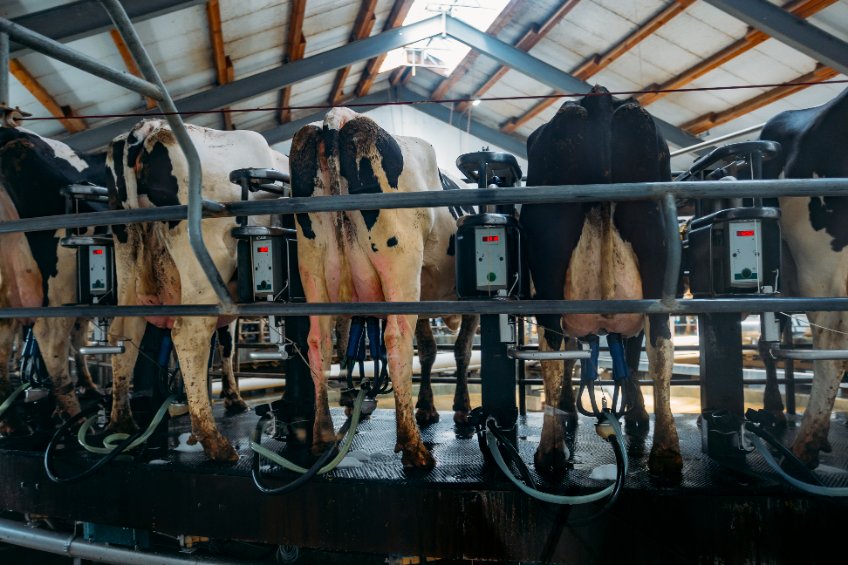
NFU Scotland has called on food production to be viewed as a critical industry when the government announces its review of the Energy Bill Relief Scheme, expected before Christmas.
Failure to extend the support offered to food and agri-businesses beyond 31 March 2023 would 'condemn' consumers to a further escalation in food prices.
The union warned that it would also "undermine the nation’s already fragile food security".
The impact of electricity costs and having the energy cost cap for farm businesses extended has been a lobbying priority in recent visits by the UK's farming unions.
Through the scheme, announced in September, the government provides a discount on wholesale gas and electricity prices for all UK firms this winter, including farming businesses.
It was designed to cushion businesses from volatile energy markets for six months from 1 October 2022 to 31 March 2023.
It means bills will be cut by around half their expected level this winter, with support applying to fixed contracts agreed on or after 1 April 2022, as well as to deemed, variable and flexible tariffs and contracts
NFU Scotland President Martin Kennedy said agriculture, and the commitment to keep food and drink on the table, was "clearly a key part of the Critical National Infrastructure (CNI)".
“NFUS has called on the UK government to commit to provide an extended energy cost cap for farm and agri-food businesses," he explained.
"It is vitally important for the farming sector and for consumers that a price cap on electricity is retained for the agricultural sector.
“Providing that support to our sector will not only keep the nation fed but help to dampen down further food price inflation and be of genuine benefit to our hard-pressed consumers.
“Without a cap on electricity prices, it would compound the unprecedented increases in other inputs such as fertiliser, fuel and animal feed that are threatening to make production unviable."
A recent NFU Scotland survey, conducted in the autumn, highlighted what a burden un-capped electricity prices would be.
The cost increase faced by many sectors, including the use of cold stores for potatoes, fruit and veg, was a main focal point within NFU Scotland's submission on the energy bill.
It included an example of one vegetable grower reporting a rise from 12p per unit to 71p per unit, predicting that their electricity bill would jump from around £140,000 to over £800,000.
“We anticipate that there will be a response to the energy bill scheme review before Christmas and this will be communicated to members as soon as we get sight of it," Mr Kennedy said.
“Until then, we will continue to press governments at both Westminster and Holyrood on the absolute need for food and agri-businesses to be part of an extended cap on electricity prices.”
